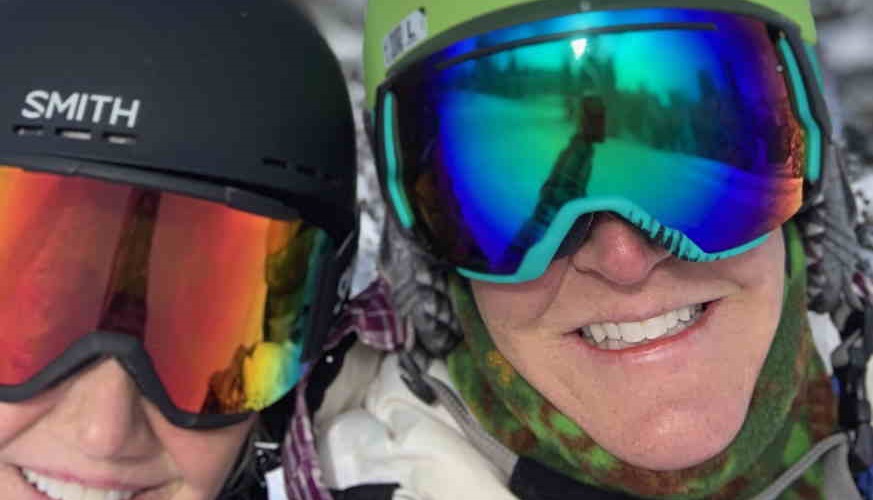
3 Dental Problems You May Experience On A Skiing Holiday And How You Can Avoid Them
The furthest thing from your mind when you are lying on a beach enjoying the warm sunshine might be skiing and winter sports, but for those who do enjoy them, it can mean a trip to an emergency dentist like Dental O So Gentle.
Now, dentists and winter sports might seem an odd association but if you ever ask someone who has experienced one of the many problems winter sports and the extremely cold weather conditions that come with them can create for teeth and gums, you will understand the connection.
Skiing obviously takes place in climates where the temperature is well below freezing and often the locations in which it takes place present several risks, including risks relating to dental health. Read on, and you will discover several ways in which skiing and cold weather can adversely affect dental health, some of which may surprise you.
Accidents
Whether it is skiing or another winter sport such as snowboarding, common features of them both are that they are done at speed and usually take place in outdoor environments that have plenty of obstacles.
This creates conditions where accidents do occur and if you are unfortunate enough to have an accident that causes trauma to your jaw, then the possibility of broken, chipped, or lost teeth exists, as does potential serious damage to your gums.
The absolute minimum protection you should wear when taking part in these fast and dramatic winter sports is head protection, however, you should go further and wear a mouthguard if possible. These may not make the chances of dental trauma vanish completely, but they will certainly reduce them, and importantly minimise any damage done to your teeth and gums if an accident does occur.
Heightened Tooth Sensitivity
One unfortunate problem which arises when people are in cold climates is they experience increased levels of tooth sensitivity due to the lower temperatures. When the thermometer shows it is below freezing, several kinds of dental problems seem to be highlighted and heightened.
For example, cracked teeth, worn enamel or cavities cause the nerves within teeth to be more exposed than they would normally. The result of this, when combined with extremely low temperatures, is those nerves can generate anything from a quick sharp pain to ongoing pain which becomes unbearable.
One way to try and avoid this experience is to visit your dentist before travelling or taking a trip to a cold climate. This should allow for any of the aforementioned dental problems to be treated and thus minimise the chance of increased sensitivity occurring on your skiing holiday.
Self-Inflicted Problems
We are not suggesting for one second that you would ever deliberately do something to harm your dental health, but when you are in a very cold climate you may not realise that what you are doing can cause an issue.
One example is the act of clenching your jaw closed very tightly when you are cold. It is a natural reaction to being cold, but by doing so you can exert excessive pressure on your jaw and your teeth which can trigger pain, and in the worst cases, cracks in weakened teeth.
How you breathe in cold conditions also makes a difference. If you breathe in cold air only through your mouth it can trigger sensitive areas of your gumline. Instead, try to breathe in through your nose as much as possible.
